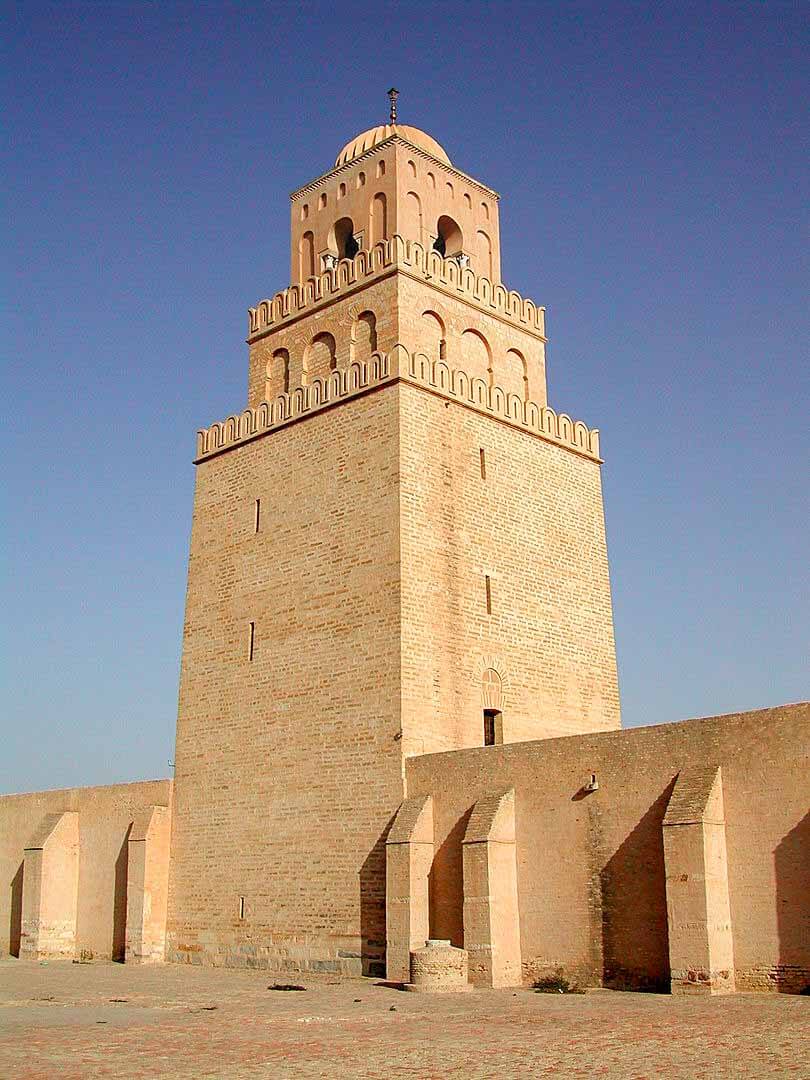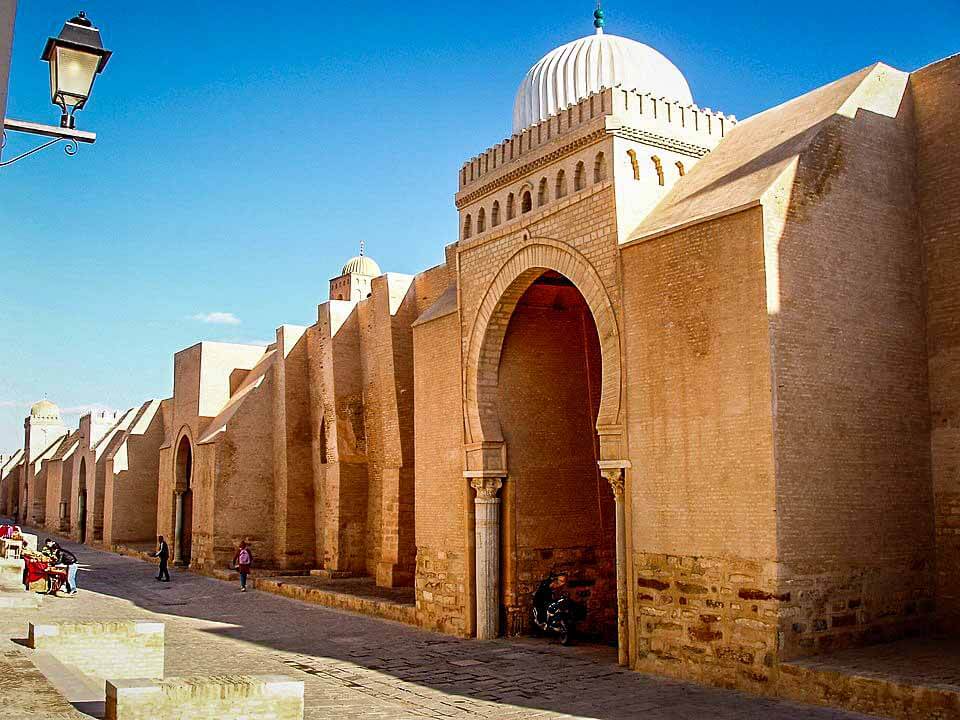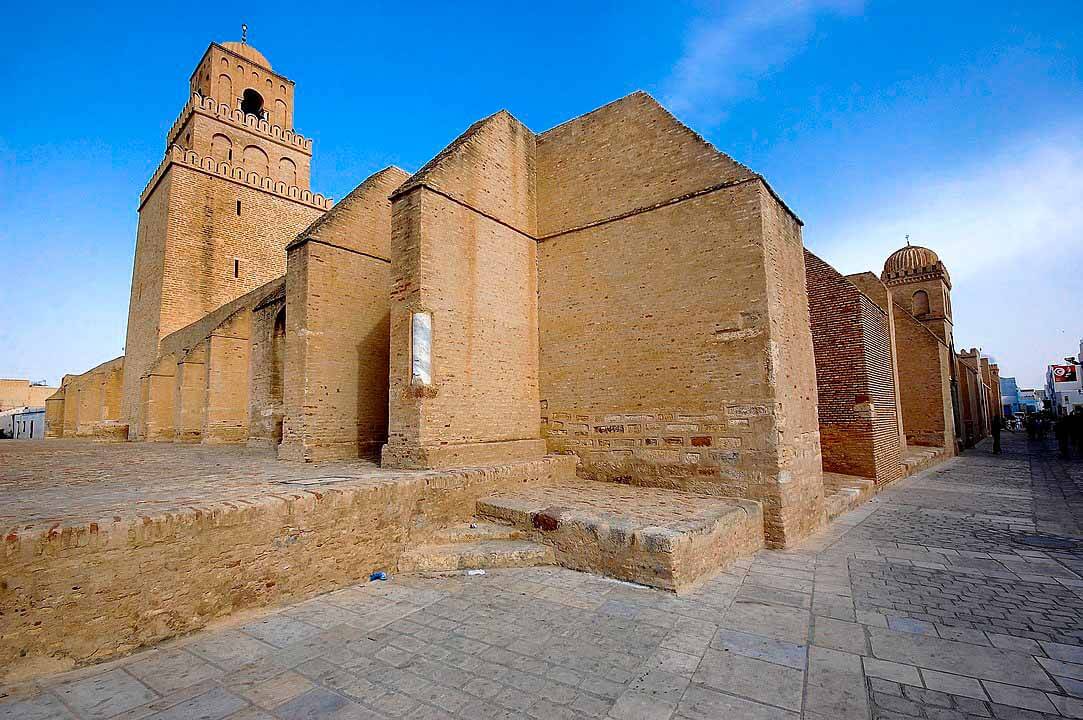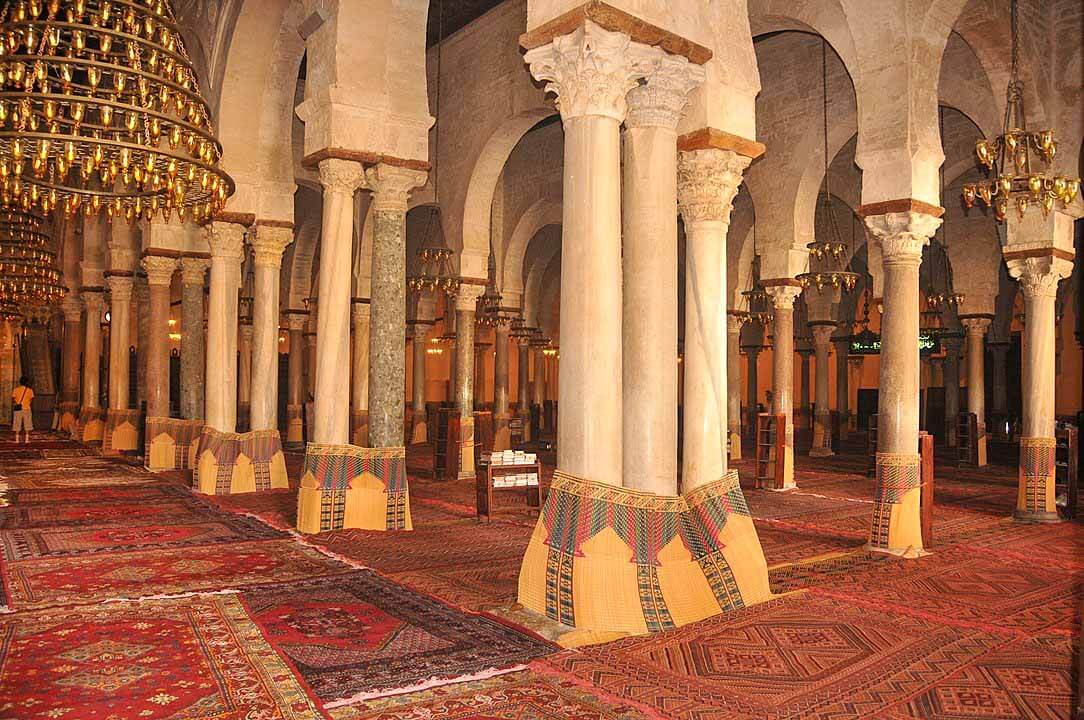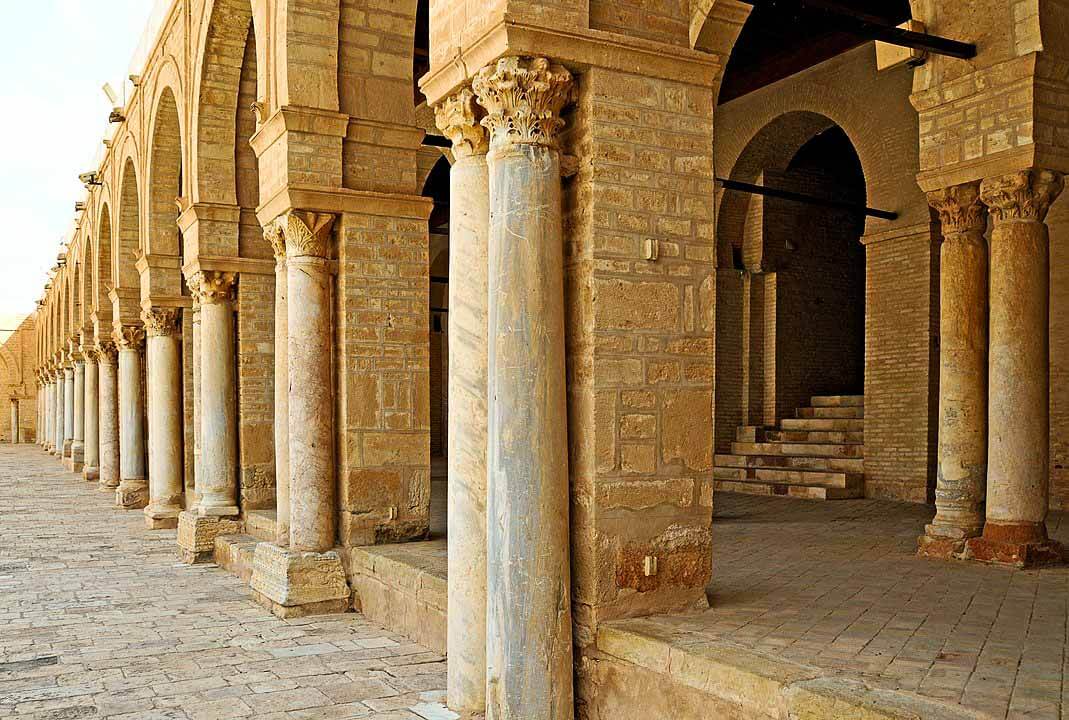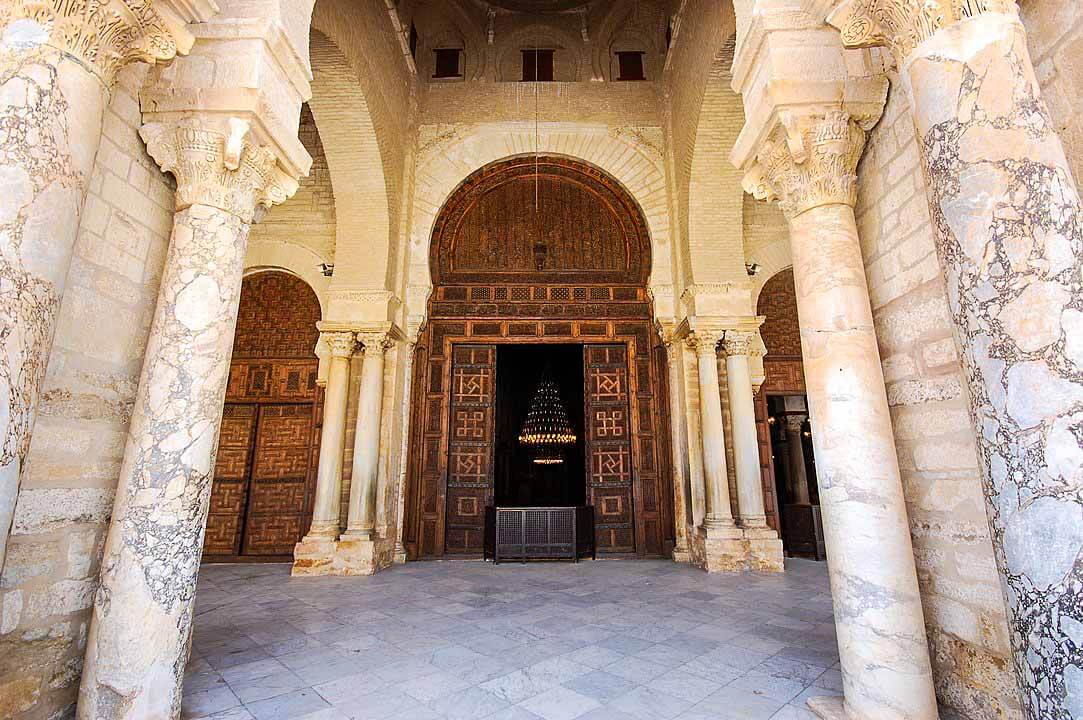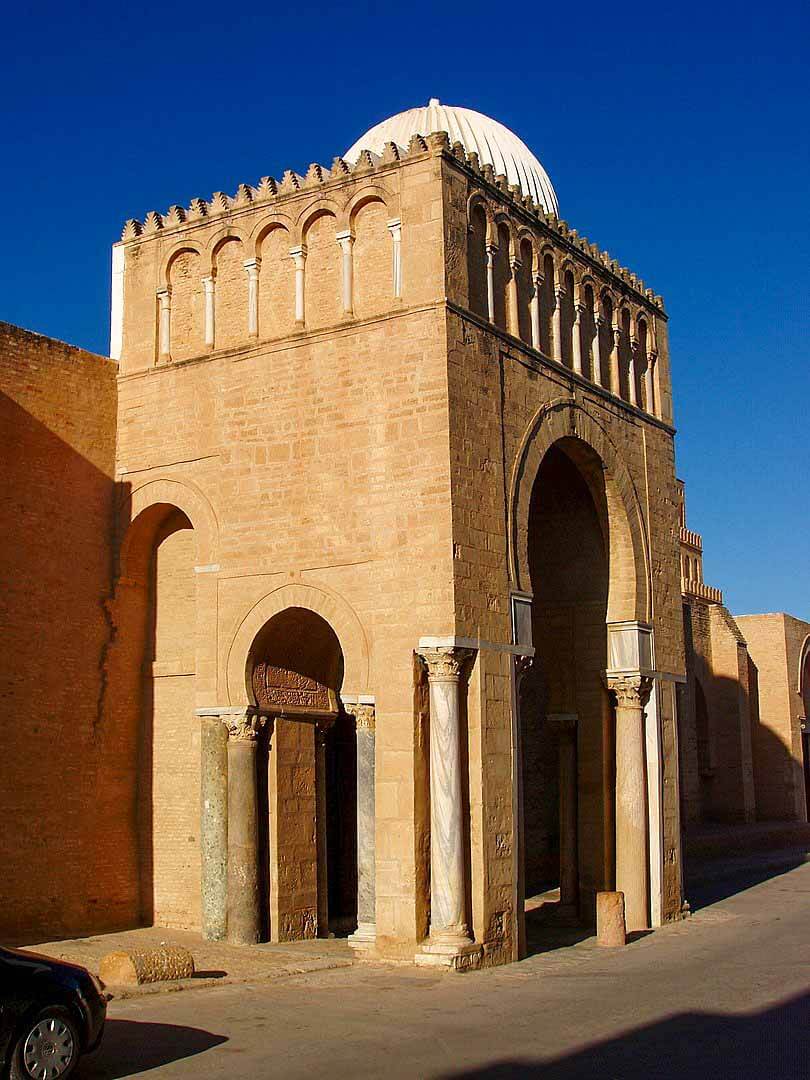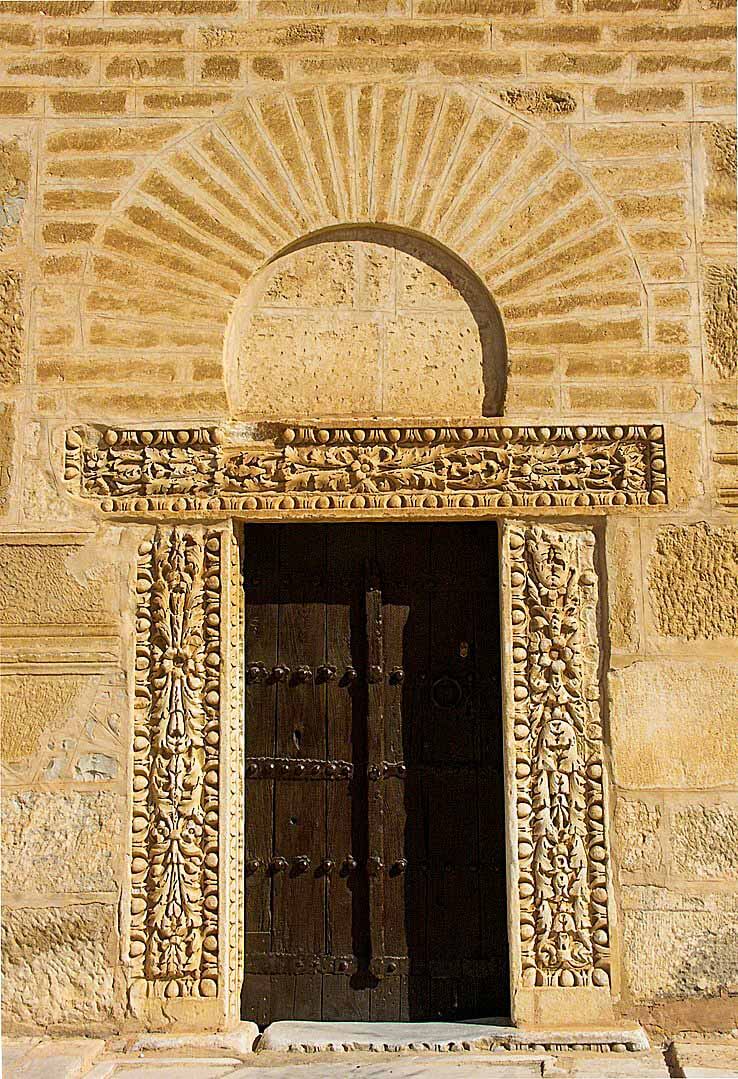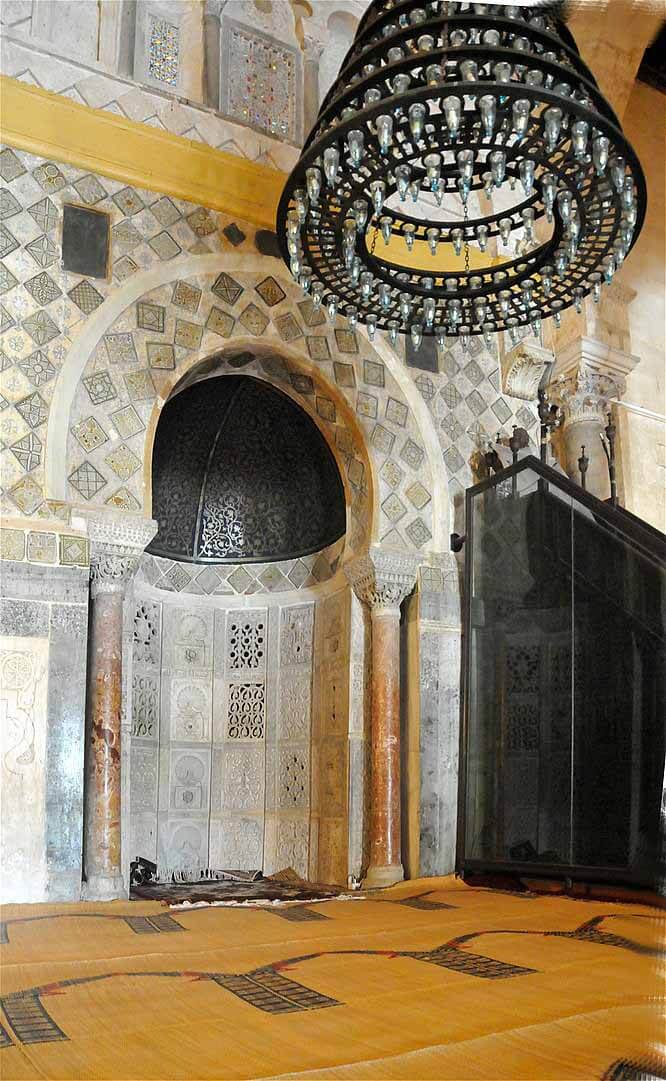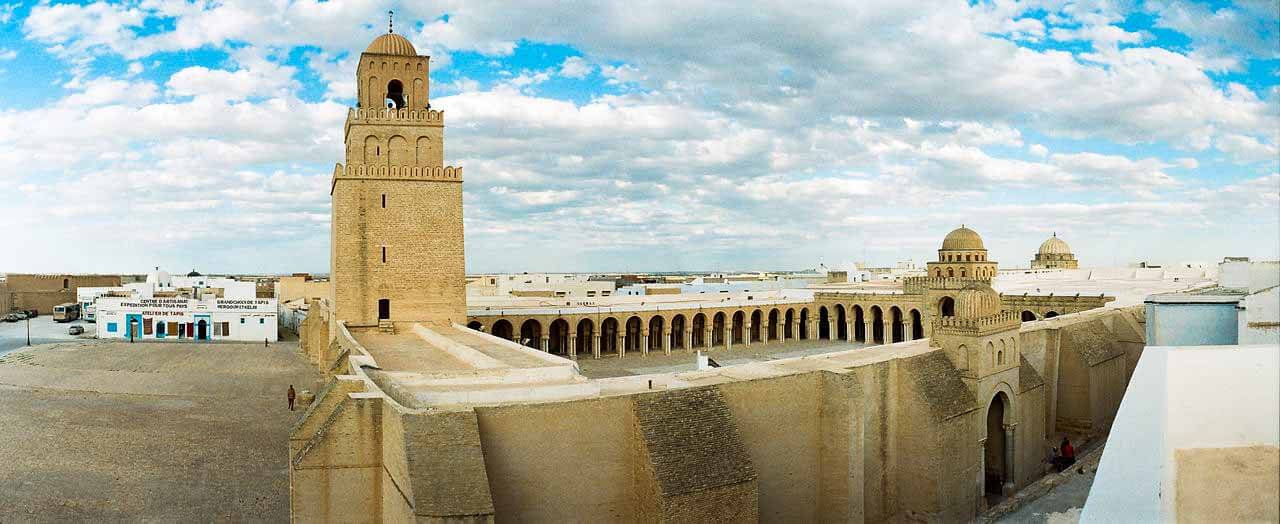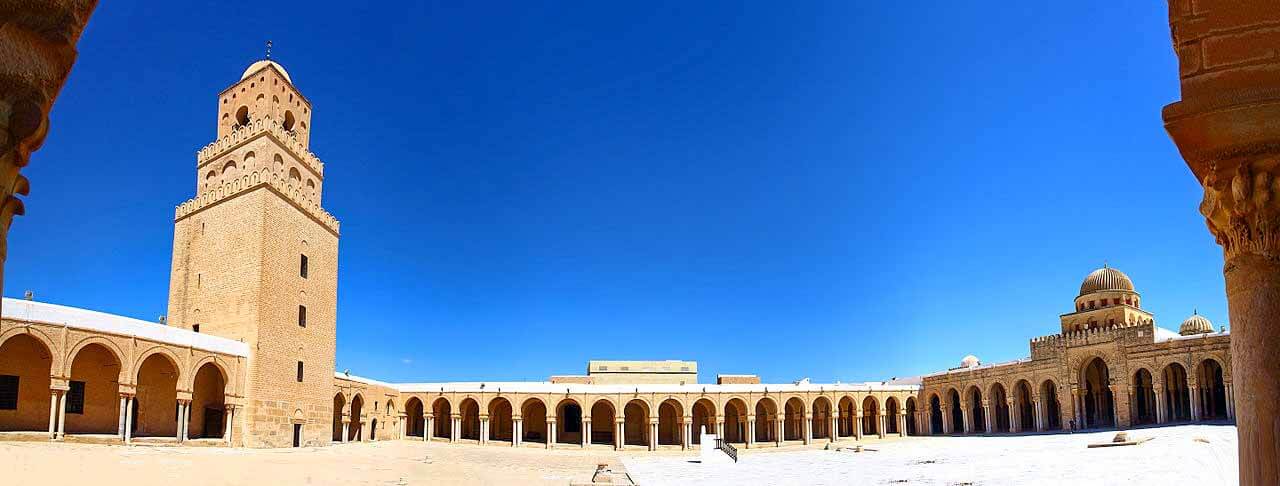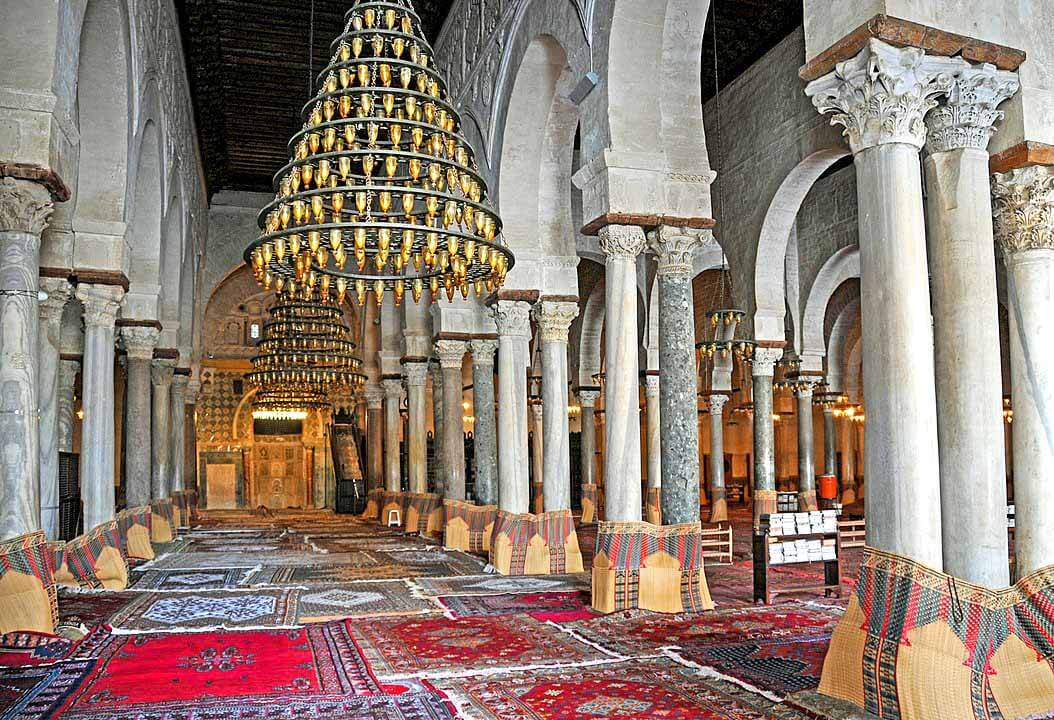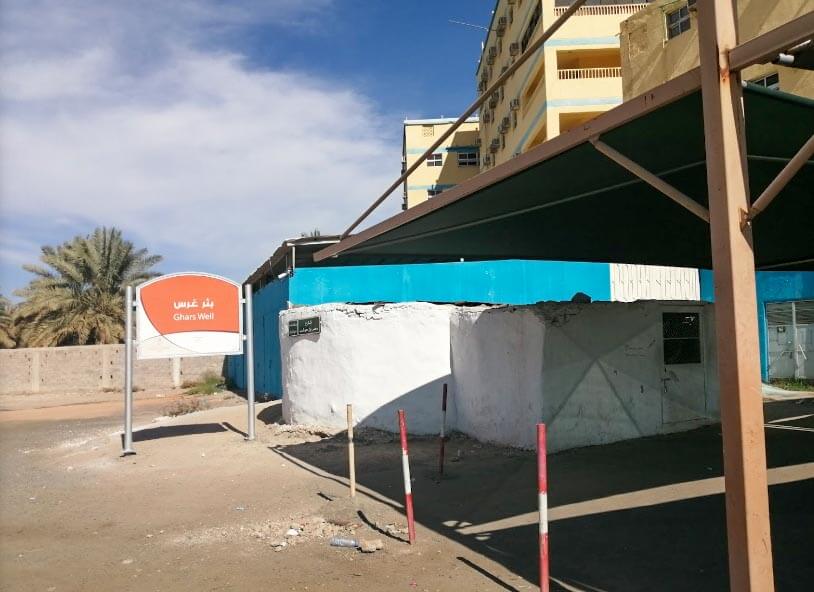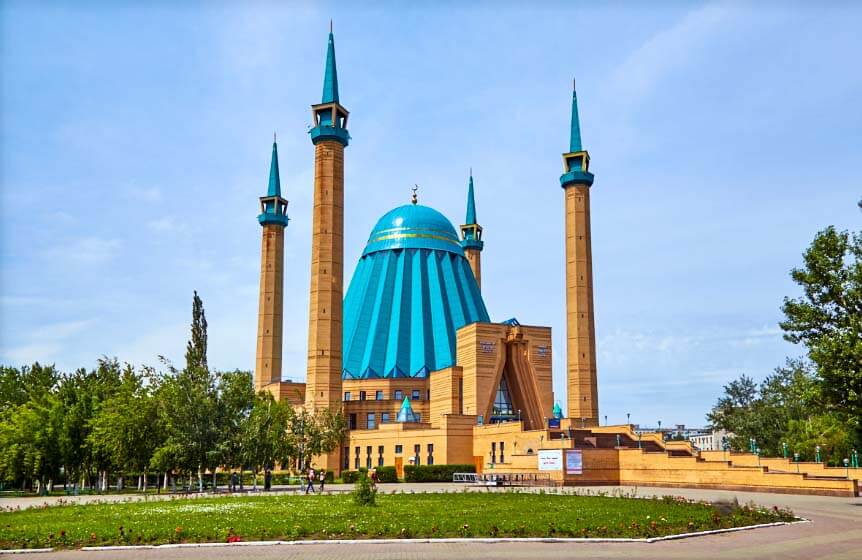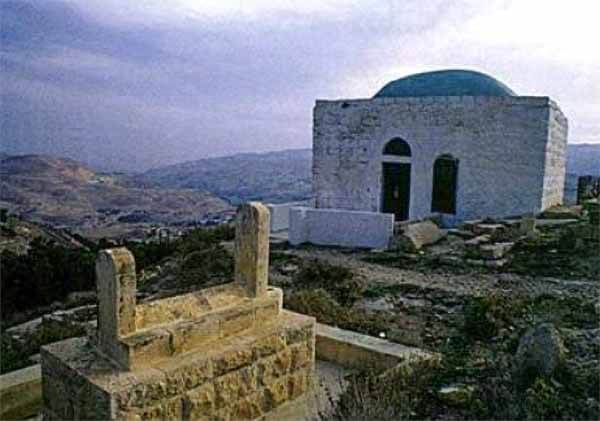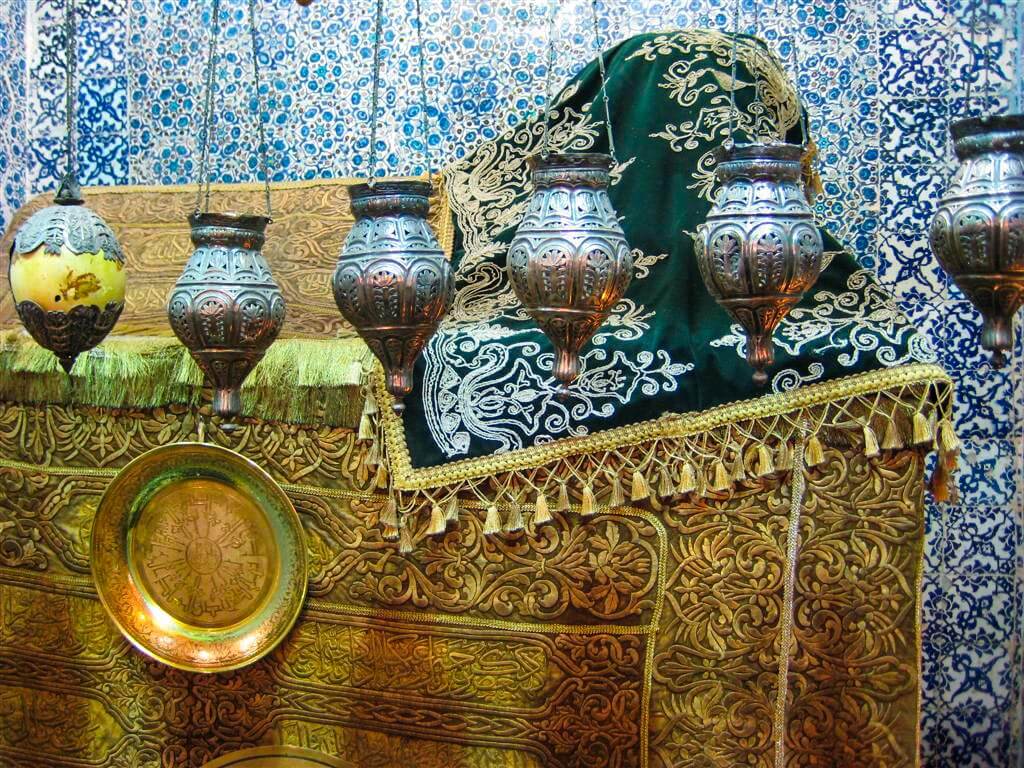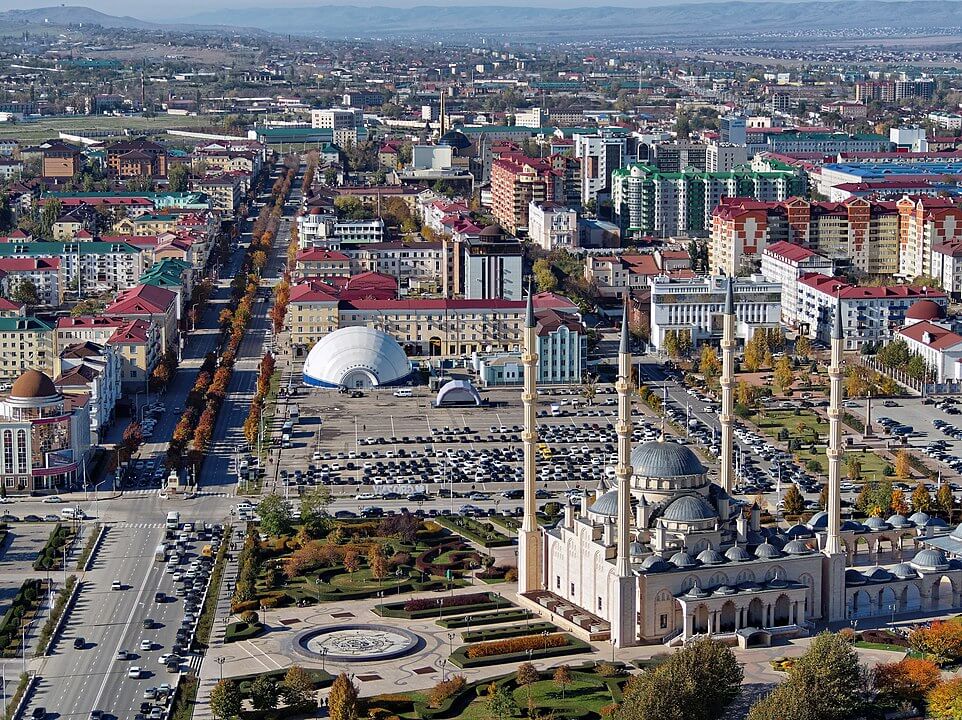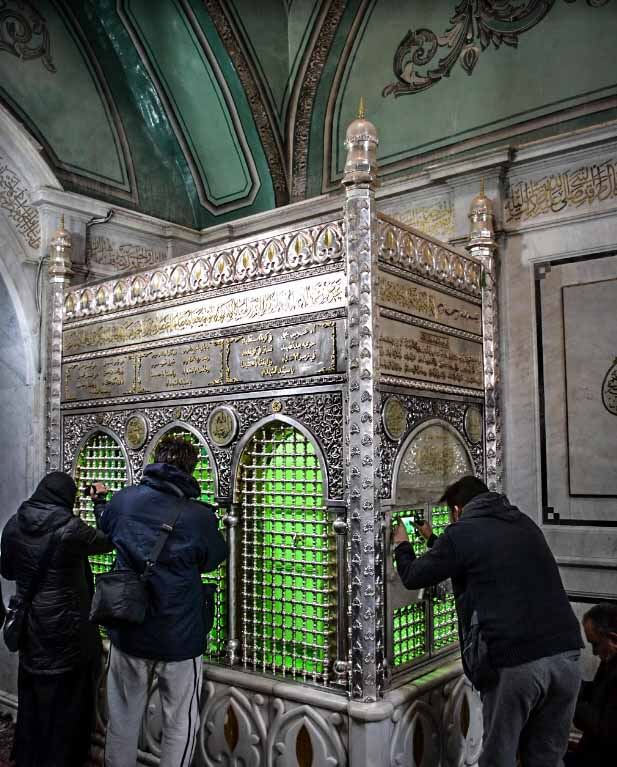Kairouan, Tunisia
Coordinates: 35.681400, 10.103900
The Great Mosque of Kairouan also known as the Mosque of Uqba, is a mosque situated in the UNESCO World Heritage town of Kairouan, Tunisia and is one of the largest mosque in country.
Established by the Arab general Hz. Uqba ibn Nafi رضي الله عنه in the year 50 AH (670AD/CE) at the founding of the city of Kairouan, the mosque occupies an area of over 9,000 square metres (97,000 sq ft).
It is one of the oldest places of worship in the Islamic world, and is a model for all later mosques in the Maghreb.
Some say Kairouan is the 4th most crucial location in Islam. That may be subjective, however, the mosque is impressive. The exterior view is both formidable and beautiful and the interior has so much detail. If you are not Muslim, you will not have fill access but you can experience most aspects.
Hz. Uqba ibn Nafi رضي الله عنه
Hz. Uqba ibn Nafi رضي الله عنه was an Arab general serving the Rashidun Caliphate since the Reign of Hz. Umar رضي الله عنه and later on the Umayyad Caliphate during the reigns of Hz. Muawiyah I رضي الله عنه, leading the Muslim conquest of the Maghreb, including present-day Algeria, Tunisia, Libya and Morocco.
Hz. Uqbah رضي الله عنه was the nephew of Hz. Amr ibn al-As رضي الله عنه.
His descendants would be known as the ʿUqbids or Fihrids. Hz. Uqbah رضي الله عنه is the founder of the cultural city of Kairouan in Tunisia.
Hz. Uqbah رضي الله عنه accompanied Hz. Amr رضي الله عنه in his initial capture of cities in North Africa starting with Barca, then proceeding to Tripolitania in 644.
In 670 now the emir or commander, Hz. Uqba رضي الله عنه led an Arab army to North Africa, crossing the Egyptian deserts, and setting up military posts at regular intervals along his route.
In a region of what is now Tunisia, he established the town now called Kairouan (meaning “camp” or “caravanserai” in Persian) about 99 miles south of present-day Tunis, which he used as a base for further operations.
According to one legend, one of Hz. Uqba رضي الله عنه’s soldiers stumbled across a golden goblet buried in the sands.
It was recognized as one that had disappeared from Mecca some years before, and when it was dug out of the sand a spring appeared, with waters said to come from the same source as those of the sacred Zamzam Well in Mecca.
This story led to Kairouan becoming a place of pilgrimage and then a holy city (“the Mecca of the Maghreb”) and the most important city in North Africa.
In 683 Hz. Uqba رضي الله عنه was ambushed and killed by the Berber Christian king Kusaila in the Battle of Vescera.
He died beside his hated rival, Abu al-Muhajir Dinar. His armies evacuated Kairouan and withdrew to Barca, though it was recaptured in 688.
Know This
Scarves are provided at the entrance.



